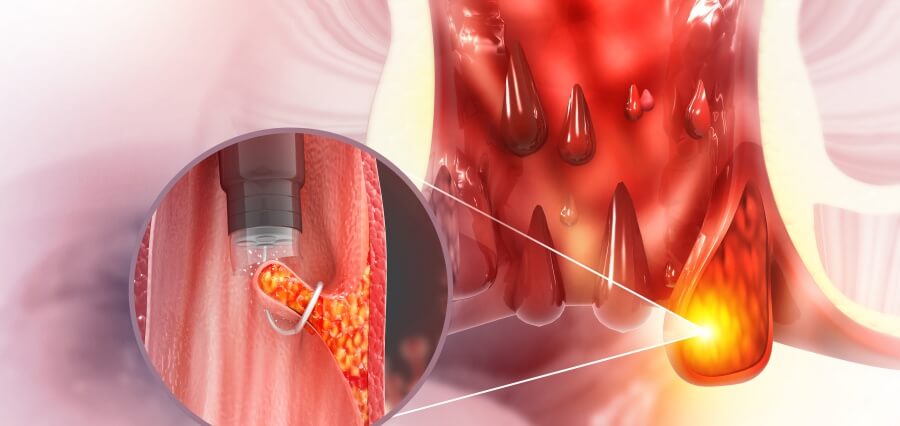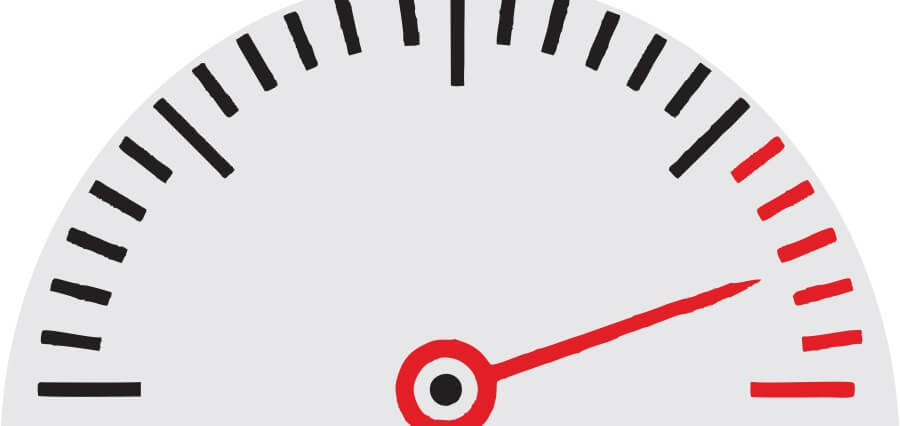External hemorrhoids, a common condition, are swollen veins in the area around the anus due to increased pressure. It is characterized by swelling and the formation of lumps. Common symptoms include: (1)
- Pain and discomfort
- Itchiness
- One or more lump formation
- Anal bleeding
These symptoms may worsen during bowel movement.
External hemorrhoids can affect people of all ages; however, women, in particular, are more prone to this condition due to hormonal changes during menses, pregnancy, and childbirth.
Treatment Approaches: (2,3)
1. Lifestyle Changes
– Dietary Modifications
Consuming a balanced diet of fruits and vegetables rich in fiber, taking fiber supplements, or both are essential for reducing the risk of constipation, a major cause of hemorrhoids. A healthy diet also helps minimize the risk of hemorrhoidal bleeding, irritation, and inflammation.
– Hydration
Drinking plenty of water (2-3 liters per day) is recommended to help soften the stool and reduce the pressure on hemorrhoids for easier bowel movements and avoidance of strain.
– Regular Physical Activity
Staying physically active stimulates bowel function and reduces the risk of constipation. It helps prevent and manage hemorrhoids. Individuals should avoid prolonged sitting or standing because they increase the risk of pressure on the anal veins, which may contribute to hemorrhoid formation.
2.Over-the-counter (OTC) Medications
Several available over-the-counter (OTC) medications can relieve the symptoms of external hemorrhoids, including:
– Topical Creams and Ointments
Topical Creams and Ointments consisting of hydrocortisone or lidocaine to reduce inflammation and irritation. They are applied directly to the area.
– Suppositories and Pads:
Suppositories and Pads provide a soothing feeling and reduce the itching and discomfort.
– Pain Killers:
OTC pain killers, such as ibuprofen and acetaminophen can relief pain.
3.Natural Home Remedies
– Sitz Baths
They are warm baths made for the patient to sit in it for 15-20 minutes to soak the anal and surrounding areas. They relax the muscles, enhance blood flow, and relieve pain and itching.
– Aloe Vera
It can be applied topically to help reduce inflammation and swelling and provide a soothing effect.
– Coconut Oil and Tea Tree Oil
These are commonly used natural remedies to reduce irritation and improve healing.
It is essential to make sure the individual is not allergic to any substance in the natural remedies.
4.Medical Procedures
In cases of severe, unresponsive external hemorrhoids, medical intervention may be recommended. These include the following:
– Rubber Band Ligation
It is a minimally invasive procedure, that involves placing a small band at the base of the hemorrhoid to stop blood supply to the area. Over time, the hemorrhoid shrinks and falls off.
– Sclerotherapy
This quick and painless method can be applied in mild to moderate cases of hemorrhoids, where a chemical substance is injected to shrink the hemorrhoid.
– Hemorrhoidectomy
It is a long-term solution that involves an invasive procedure to surgically remove the hemorrhoid in cases of chronic, unresponsive, and recurrent hemorrhoids.
References
- https://www.health.com/external-hemorrhoids-7558263
- https://www.health.harvard.edu/diseases-and-conditions/hemorrhoids_and_what_to_do_about_them
- https://www.healthline.com/health/external-hemorrhoids#prevention
Read More: Click Here









